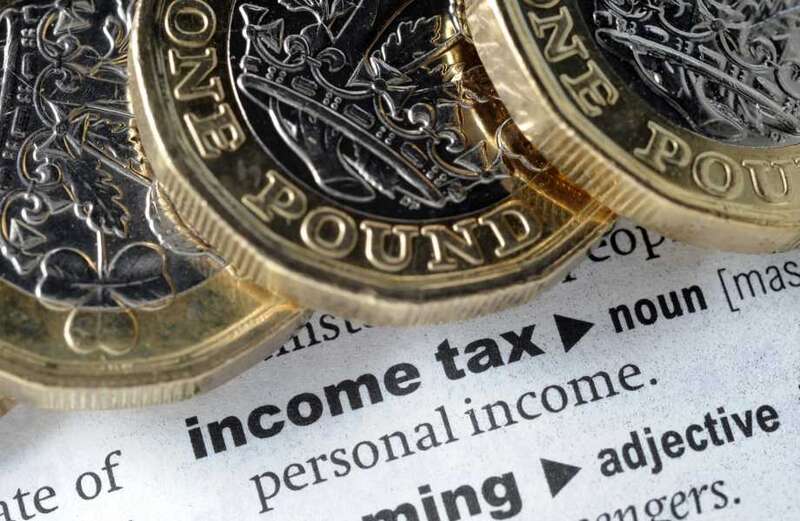WHEN you earn money you have to pay income tax on it - but only over a certain amount.
So how much can you make tax-free, and how much do you give to HMRC after that? We explain all.

Income tax is paid at different rates depending on income, and some people pay nothing at all.
That's because there's something known as the personal allowance, which is an amount you can earn before you start paying income tax.
We explain how personal allowance affects your wages, and what you pay afterwards.
 Are there illegal baby names? Surprising monikers that are BANNED in other countries, from Sarah to Thomas
Are there illegal baby names? Surprising monikers that are BANNED in other countries, from Sarah to Thomas
What is my personal allowance?
The personal allowance is the amount you can earn each year tax-free.
It can change from one year to the next and is set by the government.
In the current tax year - which runs from April 6 2024, to April 5 2025 - the figure is £12,570.
However, this amount may be bigger or smaller if you claim certain allowances.
The marriage allowance is a tax break where one partner in a married couple can transfer some of their unused personal allowance to another.
And people with sight issues can get the blind person's allowance, which increases this tax-free amount.
But you don't get any personal allowance if you earn a very high salary.
Anyone earning over £125,140 a year pays income tax on all their earnings from the first £1 they make.
And anyone earning below that but over £100,000 gets a personal allowance that reduces by £1 for every £2 earned.
Income tax also applies to money you make outside of your job, not just your earnings.
 All about Rachel Nickell who was murdered in front of her son Alex Hanscombe
All about Rachel Nickell who was murdered in front of her son Alex Hanscombe
But there are also some tax-free allowances on top of the personal allowance for these other sources of income.
If you are self-employed, you don't have to pay tax on savings interest, dividends and the first £1,000 of income.
However, you must send a tax return if, in the last tax year (6 April to 5 April), any of the following applied:
- You were self-employed as a "sole trader" and earned more than £1,000 (before taking off anything you can claim tax relief on)
- You were a partner in a business partnership
- You had a total taxable income of more than £100,000
- You had to pay capital gains tax when you sold or "disposed of" something that increased in value
- You had to pay the high-income child benefit charge
How do I calculate tax?
If you earn £12,570 or less, you currently pay no income tax.
On earnings between £12,570 and up to £50,270, you pay the basic income tax rate of 20%.
Wages of £50,271 and above are taxed at the higher rate of 40%.
And the additional rate of income tax, which applies to earnings above £150,000, is 45%.
The thresholds for income tax generally rise each year so that people can earn more without paying more tax.
However, the thresholds are now frozen until 2028.
How do I check my tax-free personal allowance?
Your tax-free personal allowance amount is usually reflected in your tax code, which can be found on your payslip.
The letter L in your tax code signals that you're entitled to the standard tax-free personal allowance.
The letter M means you've transferred some of your personal allowance to your partner using the marriage allowance.
Meanwhile, the letter N signals the opposite - you've received some of your partner's tax-free personal allowance.



































